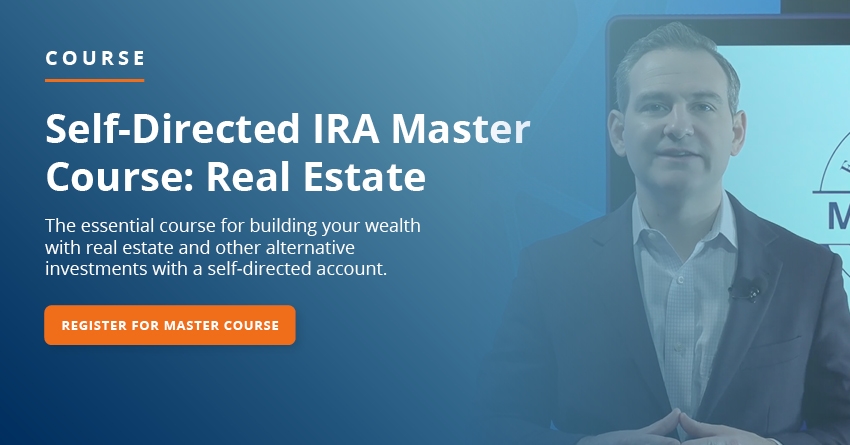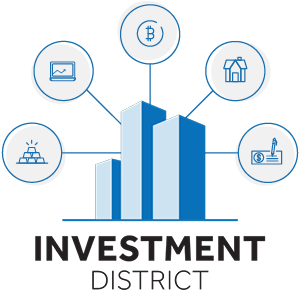Convert the home for use as a RAL and sell it to a RAL operator.
This type of a home can be worth $50,000 or $100,000 more when sold to a RAL operator. If you acquire the license to operate and start the business, you can sell the business for $50,000 to $300,000 or more in addition to the real estate.
Own the home and own the business.
A RAL business can generate $10,000 a month or more in net income. That business will have a value of two to three times the annual net income.
1Can my IRA invest in a newly formed entity that will invest in real estate?
Yes. Investments in newly formed private entities, such as limited partnerships, limited liability companies, C corporations or land trusts, are permissible under the Internal Revenue Code, with the exceptions of subchapter S corporations.
2Can I use funds from my IRA to renovate property to sell it at a higher price?
Yes. However, your IRA must pay all expenses associated with a property that it owns, including renovations. Further, all proceeds from the sale of the renovated property must be deposited into your IRA.
About Gene Guarino:
Gene Guarino, CFP is the founder of the Residential Assisted Living Academy. Residential Assisted Living Academy is an American training organization specializing in residential living center investments. Launched in 2012 by entrepreneur/real estate investor Gene Guarino, Residential Assisted Living Academy has trained hundreds of investors, business owners and entrepreneurs regarding this investment option. More information about Residential Assisted Living Academy can be found at www.residentialassistedlivingacademy.com.
*Gene Guarino and RALAcademy are not affiliated with Equity Trust Company or its affiliates. The information provided in this article is for educational purposes only and should not be construed as tax, legal, or investment advice. Whenever making an investment decision, please consult with legal, tax, and financial professionals.








